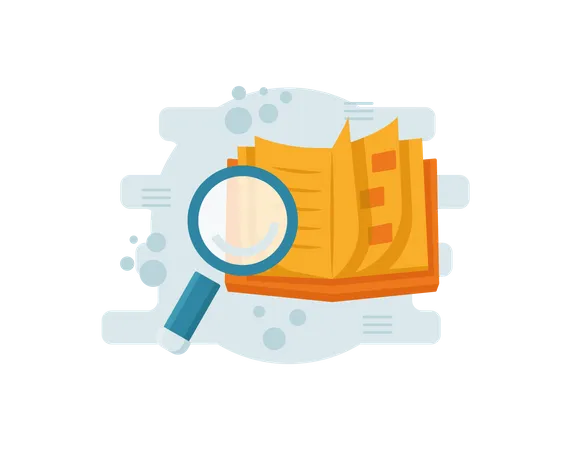المشاركين: Abderahman Rejeb, Karim Rejeb, Suhaiza Zailani, John G. Keogh, Horst Treiblmaier
Journal: Internet of Things
Year: 2023
Citations: 282
DOI: 10.1016/j.iot.2023.100721
Abstract
The Internet of Things (IoT) has emerged as a transformative technology in healthcare, offering unprecedented opportunities for improving patient care, operational efficiency, and health outcomes. This comprehensive review examines the current state of IoT applications in healthcare, analyzing the benefits, challenges, and future prospects of this rapidly evolving field. We explore various IoT applications including remote patient monitoring, smart medical devices, hospital asset management, and telemedicine platforms. The paper discusses key challenges such as data security, privacy concerns, interoperability issues, and regulatory compliance. We also examine emerging trends including artificial intelligence integration, edge computing, and 5G connectivity that are shaping the future of IoT in healthcare. The review concludes with recommendations for stakeholders and identifies promising research directions for advancing IoT-enabled healthcare systems.
Summary
This comprehensive review examines the transformative impact of Internet of Things technology in healthcare, providing a thorough analysis of current applications, challenges, and future prospects in this rapidly evolving field. The research explores how IoT is revolutionizing healthcare delivery through various applications including remote patient monitoring, smart medical devices, hospital asset management, and telemedicine platforms. The study demonstrates how these technologies are improving patient care quality, enhancing operational efficiency, and enabling better health outcomes through continuous monitoring and data-driven decision making.
The paper addresses critical challenges that must be overcome for successful IoT implementation in healthcare settings, including data security vulnerabilities, privacy concerns, interoperability issues between different systems and devices, and complex regulatory compliance requirements. The research provides detailed analysis of how these challenges impact adoption and deployment of IoT solutions, while examining strategies and best practices for addressing these concerns. The study emphasizes the importance of robust security frameworks, standardized protocols, and comprehensive privacy protection measures for successful IoT healthcare implementations.
The research also explores emerging trends that are shaping the future of IoT in healthcare, including artificial intelligence integration for advanced analytics, edge computing for real-time processing, and 5G connectivity for enhanced data transmission capabilities. These technological advances are enabling more sophisticated applications such as predictive analytics, automated diagnosis support, and real-time emergency response systems. The review concludes with practical recommendations for healthcare stakeholders and identifies promising research directions for advancing IoT-enabled healthcare systems toward more effective, secure, and patient-centered care delivery.
Main Takeaways
• Transformative Healthcare Applications: IoT technology is revolutionizing healthcare through remote patient monitoring, smart medical devices, hospital asset management, and telemedicine platforms, improving patient care quality and operational efficiency.
• Critical Security and Privacy Challenges: Successful IoT healthcare implementation requires addressing significant data security vulnerabilities, privacy concerns, and developing robust protection frameworks for sensitive medical information.
• Interoperability Requirements: The research emphasizes the need for standardized protocols and frameworks to enable seamless communication between different IoT systems and devices in healthcare environments.
• Regulatory Compliance Complexity: IoT healthcare solutions must navigate complex regulatory requirements for medical devices, requiring careful attention to safety, efficacy, and compliance standards.
• Emerging Technology Integration: The future of IoT healthcare is being shaped by artificial intelligence integration, edge computing capabilities, and 5G connectivity, enabling more sophisticated and real-time applications.
• Patient-Centered Care Evolution: IoT enables a shift from reactive to proactive healthcare through continuous monitoring, predictive analytics, and early intervention capabilities, supporting more personalized and effective treatment approaches.
